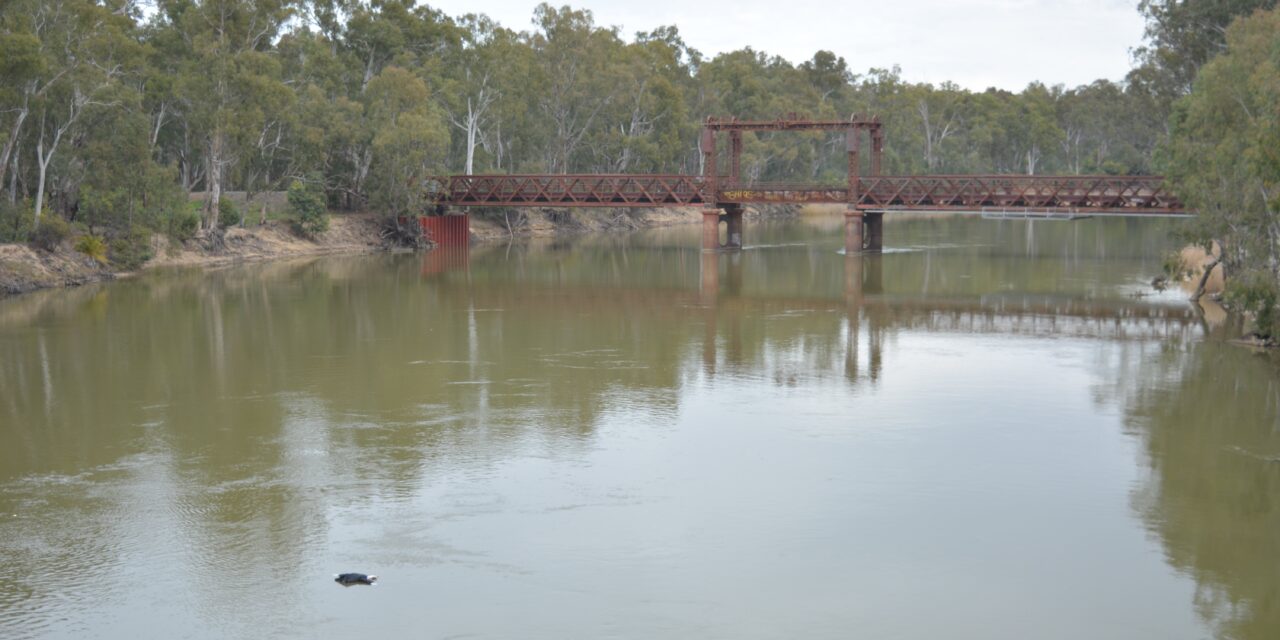Country roads are increasingly taking city slickers to their new homes, but the great migration to Australia’s regions is not all it is cracked up to be for rural councils who are scrambling to meet the high expectations of tree changers.
Country councils have told a federal inquiry into local government funding they are struggling to provide services like early education, health care and aged care even as extra ratepayers move from the cities.
The growing population in Berrigan Shire, on the Murray River, is set to increase by more than 30 per cent in the next decade.
“Urban drift, where people from highly populated city areas move to more rural settings … means those new residents have higher expectations of service delivery than has traditionally been the case,” the council’s submission to the inquiry said.
The region’s forecast population will increase the rate base by $1 million, but the council says it will need $50 million for basic infrastructure like water and sewerage.
“Population growth … is in fact a negative sum outcome,” the council said in its submission.
The parliamentary inquiry was established in March to examine the financial sustainability of local councils, along with their evolving obligations.
Several submissions laid bare the difficulties faced by rural councils due to apparent cost shifting from state and federal governments, unfair rate pegging limits and short-term grants.
Coorong District Council, in South Australia, is responsible for a 2000km road network, but only has 3500 ratepayers to fund it.
“Each ratepayer is responsible for half a kilometre of road,” the council said.
Port Hedland, in Western Australia’s Pilbara region, is also balancing the need for new residents with inadequate infrastructure.
Its council said it was having to prop up services where public and private investment had failed.
Ratepayers will fork out $40 million over five years to build a unit block for essential workers, along with $3 million to expand a childcare centre.
“Neither of these examples are considered part of the role of local government, however if the town fails to act … this has a negative impact on our community, leading to reductions in the residential population and an increase on the reliance of fly-in-fly-out workers,” its submission said.
The Australian Local Government Association said regional councils had to step in to provide essential services where markets failed, often at short notice with limited staff.
The national body is calling on the Federal Government to increase untied funding to at least one per cent of tax revenue.
Tree changers expecting too much from life in the bush








